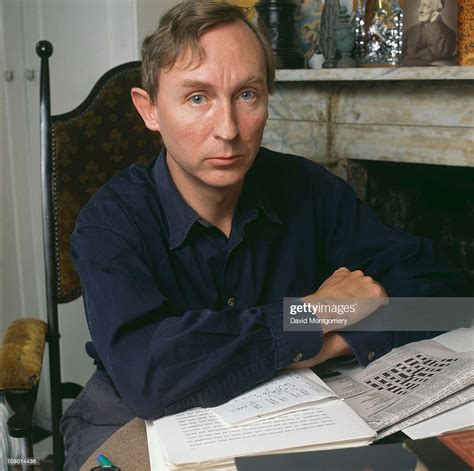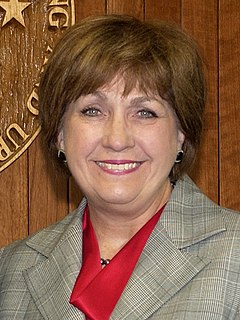A Quote by Elizabeth Edwards
We have a middle class that lives on a razor blade. So sometimes when you say poverty, you neglect a large portion of the population.
Related Quotes
The neoliberal programs of the last generation have in fact been, and were intended to be, a pretty serious attack on democracy, but also they've led to stagnation or decline for large parts of the population - the working class, the lower middle class, these people have essentially been cast aside.
One would have thought that it was even more necessary to limit population than property; and that the limit should be fixed by calculating the chances of mortality in the children, and of sterility in married persons. The neglect of this subject, which in existing states is so common, is a never-failing cause of poverty among the citizens; and poverty is the parent of revolution and crime.
The historical basis for the gap between the black middle class and underclass shows that ending discrimination, by itself, would not eradicate black poverty and dysfunction. We also need intervention to promulgate a middle-class ethic of success among the poor, while expanding opportunities for economic betterment.
The government decides to try to increase the middle class by subsidizing things that middle class people have: If middle-class people go to college and own homes, then surely if more people go to college and own homes, we’ll have more middle-class people. But homeownership and college aren’t causes of middle-class status, they’re markers for possessing the kinds of traits — self-discipline, the ability to defer gratification, etc. — that let you enter, and stay, in the middle class. Subsidizing the markers doesn’t produce the traits; if anything, it undermines them.
The reduced variability of small populations is not always due to accidental gene loss, but sometimes to the fact that the entire population was started by a single pair or by a single fertilized female. These 'founders' of the population carried with them only a very small proportion of the variability of the parent population. This 'founder' principle sometimes explains even the uniformity of rather large populations, particularly if they are well isolated and near the borders of the range of the species.




































